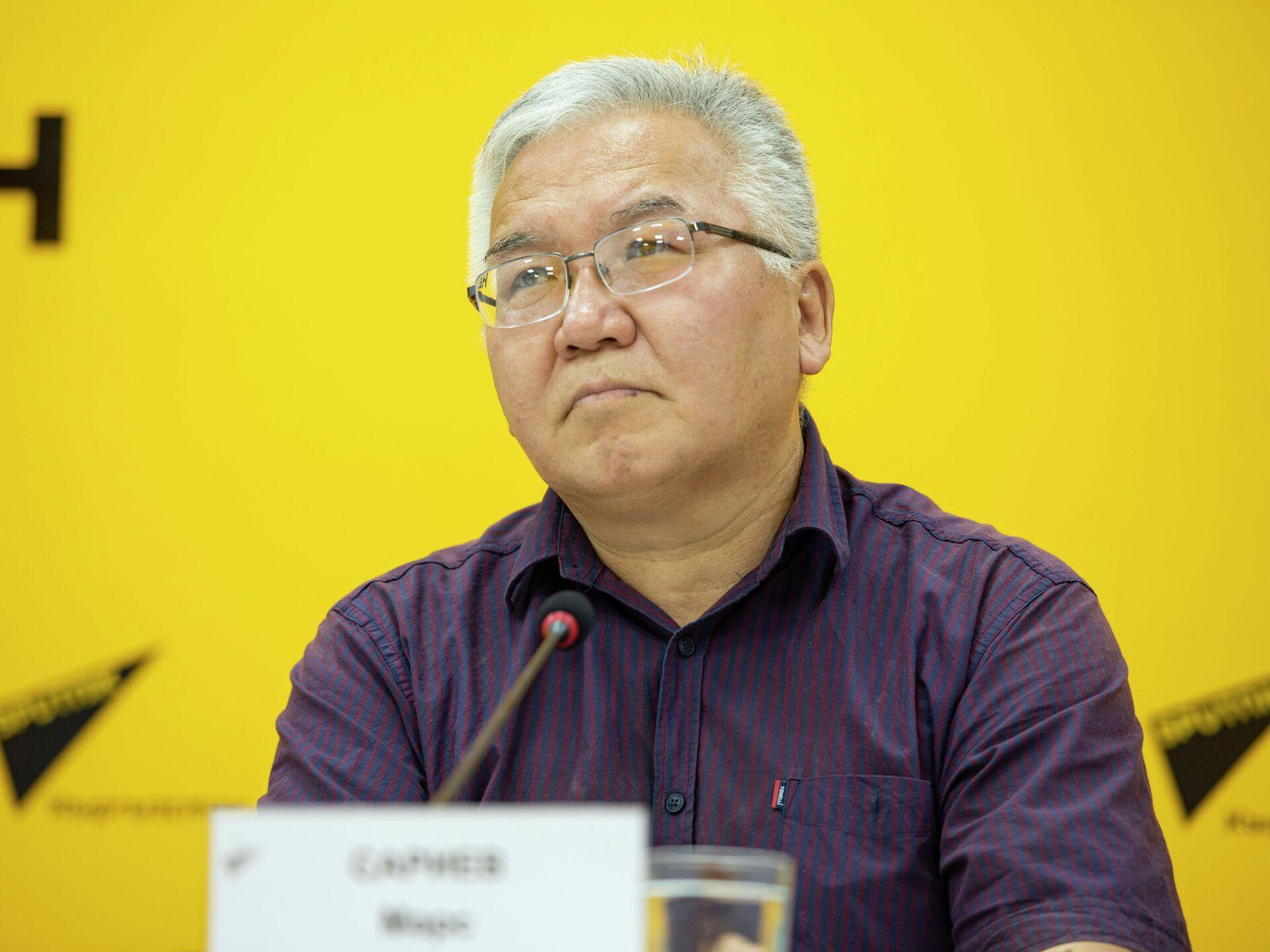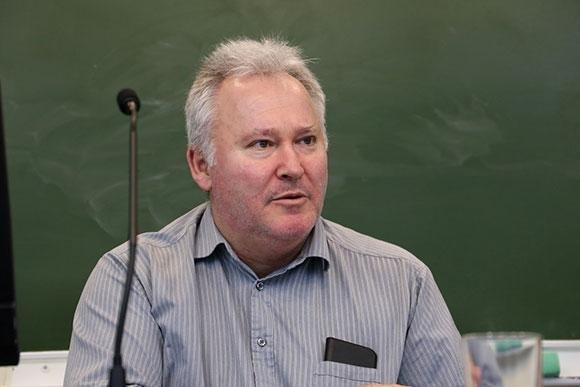Baku and Yerevan's difficult path to peace. Why does the West put obstacles in the way? Expert opinions on Caliber.Az
Baku has repeatedly stated that some Western countries support revanchist forces in Armenia and thus hinder the peace process. While Azerbaijan expresses readiness for bilateral negotiations with Armenia, not everyone in the West would like to see a complete end to the decades-long conflict.
Why is there such a trend in the West at all? Who and for what purpose can benefit from the continuation of the "neither peace nor war" situation between Armenia and Azerbaijan?
Prominent foreign observers have asked Caliber.Az to comment on this situation.

Kyrgyz political scientist, regional security expert Mars Sariyev said that he understands the double standards of Europe, they have been going on since ancient historical times.
“We understand how Armenia was formed. As we know, earlier there was the Iravan Khanate on this territory, and when Russia was at war with Persia, an Armenian entity was created in the South Caucasus under the project of the Vatican. It should be said that historically Armenians lived in Türkiye, Syria and Nakhchivan, and quite peacefully, until European planners, particularly the Vatican, intervened. They needed to create an Armenian state. And this was also in the interests of Russia.
Armenia became an outpost of European states in the Turkic environment. Especially since the Ottoman Empire was in a state of disintegration. Armenia was formed in such conditions. This is such a constructive, project approach to the formation of the region. And now Russia is no longer satisfied with this arrangement, because Armenia ceases to be its outpost.
Moscow is now more interested in rapprochement with Türkiye and Azerbaijan, in the creation of a North-South transport corridor with access to the Persian Gulf. That is why Russia showed a passive position in the latest development of the Armenian-Azerbaijani conflict. Besides, Moscow understood that Turkic states of Central Asia sympathise with Azerbaijan and will not support Armenia even within the CSTO [Collective Security Treaty Organisation]," the expert said.
Now that the Red Sea and the Bab-el-Mandeb Strait are blocked, the Persian route (North-South) is becoming very promising for Russia, Sariyev said.
"Therefore, the West, part of European countries, especially the United States, France with a large Armenian diaspora are not interested in Russia breaking through this corridor. And they support the permanent crisis, providing assistance to Armenia to fight Azerbaijan, so that there would be "neither war nor peace". Thus, they block both Russia and Azerbaijan, which wants to build the Zangezur corridor, which would allow Central Asian countries to get access to Europe through Türkiye.
This way, the Western countries artificially support the crisis, although the people of Armenia have lived in peace with the surrounding nations, traded with them and prospered for centuries. This could be the case now, but it is not interesting for some European countries and the United States as the crisis creates a zone of instability near Russia's southern borders and cuts off the emerging Chinese transport project "One Belt, One Road".
In other words, the South Caucasus is becoming a bargaining chip for the West in blocking Russia and China. Within this framework, Armenian nationalism is supported and the idea of a "great Armenia from sea to sea" is being fostered. Everything is done to create a permanent hotbed of destabilisation in the South Caucasus. This is absolutely not in the interests of Armenia itself, where the population continues to decline.
Of course, the Diasporas, which are integrated into the life of France and the US, are under the control of the special services of these countries and, accordingly, play against the interests of the people of Armenia, against their harmonious coexistence with their neighbours.
All this has an external, project-based character. Under such conditions, Pashinyan is trying to integrate Armenia into the life of the region, but this is hindered by external players with their own projects. The same thing is being tried in the Middle East with the Kurds, with the "great Kurdistan" map, the same with the Uyghur separatists - they are also being created with maps and myths.
Therefore, I think Azerbaijan needs to be on guard and take countermeasures against attempts to destabilise the region," the Kyrgyz analyst said.

Then the opinion were heard from Greg Simons, PhD from Sweden, who said: "Firstly, perhaps, the EU countries are mostly vassals of the US and have an internal slave mentality that forces them to obey Washington even to the detriment of their own interests and security. Washington now seems to be resorting to its tried and true policy of creating instability in the region through the divide and conquer method. This is being done through their newfound client state, Armenia. The aim seems to be to create dependence on the US and to destroy states such as Iran and Russia, and to ensure that regional players such as Azerbaijan and Türkiye are presented as objects of events rather than subjects. This allows for more manipulation of states and prevents them from defending their interests and goals."
The second point could also be that there is a strong and influential Armenian diaspora in some EU countries (especially France), he said.
"Although I would consider this to be of little importance compared to the first point," Simons concludes.








